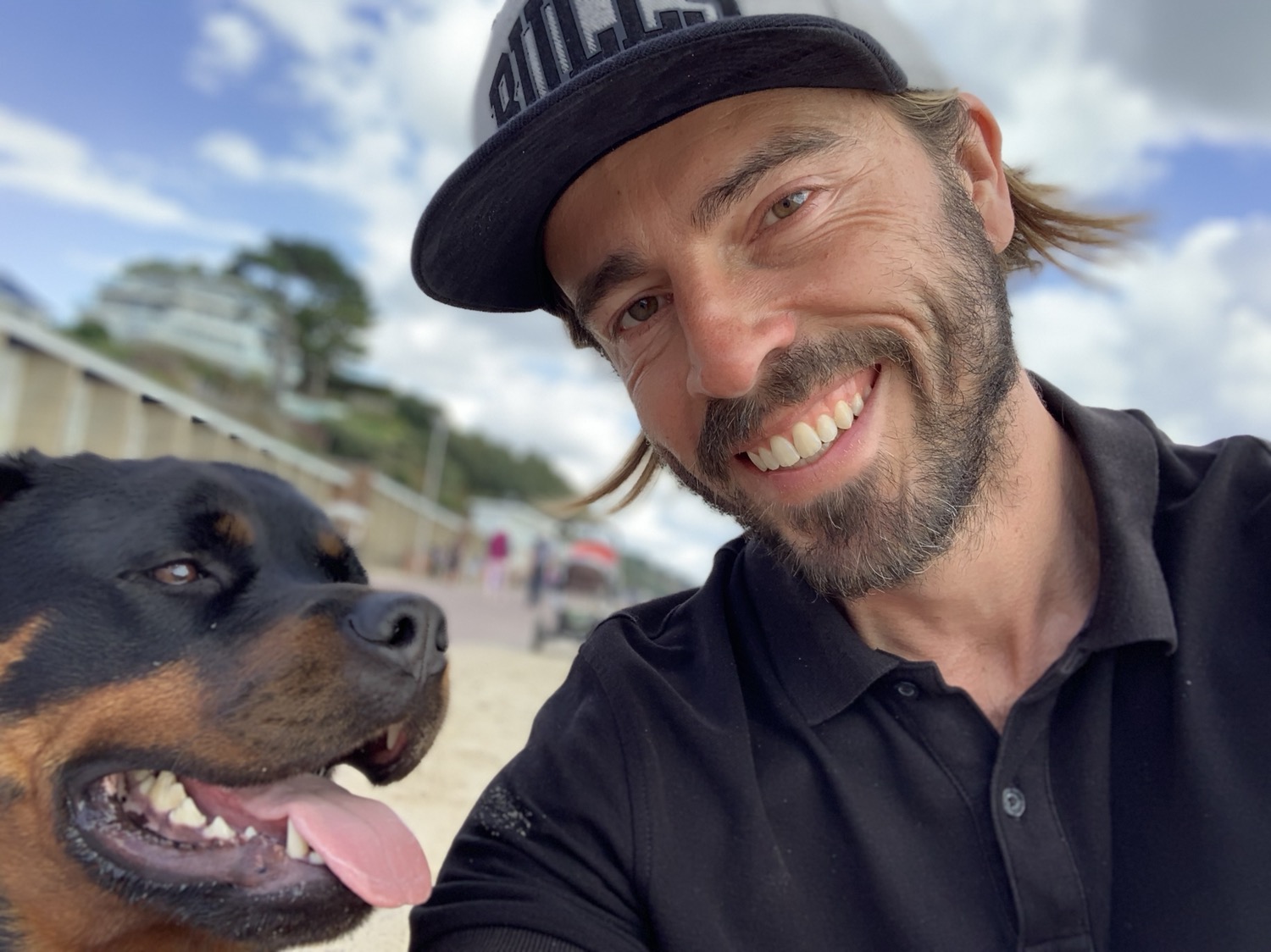The Key Ingredients for a Miracle this Season?
- Lorien Holiday

- Dec 13, 2022
- 4 min read

Miracles are, by essence, hard to come by. Although most of us probably haven’t defined what one might look like, in the theme of “Every Christmas Movie, ever”, we all secretly hope for one.
Christmas is a time for coming together and sharing in joy and happiness, but for many it is an uncomfortable or even painful reunion of family elements within which there are deep and long-standing divides. There can be tension, arguments, sadness and sense of loneliness and disconnection, compounded by the unhelpful and probably misguided sense that everyone else seems to be having a much better time than we are.
Most of us have a dysfunctional relationship with someone in our lives. Someone we would, if asked that we could wave a magic wand, seek to have a better relationship with. This is something I wrestle with in my own life and features heavily in the work with my clients.
The relationships we have with others are little more than repeated patterns of behaviour. We tend to follow similar physical, mental and emotional steps when we meet people, especially those we are familiar with, and we get familiar outcomes. Familiar outcomes are great when the relationship if broadly positive but destructive and painful when the relationship has become dysfunctional. Like all patterns of behaviour, our relationships can be changed if we are collectively willing to put the effort in.
And so, to the key ingredients for a festive miracle in respect of a dysfunctional relationship? We need courage, honesty & forgiveness. Simple statements, but hard to act out consistently in our lives.
Assuming there is not occurrence of actual abuse then most of the dysfunction in a family arises from poor communication. Layers or layers of our inability to express ourselves effectively to each other and an imagination that tries its best to fill in the blanks with an invariably negative pre-disposition. You might be having, or will certainly know someone who is having, internal conversations such as,
“Why hasn’t my sister called me in 3 weeks? She obviously doesn’t like me…”
or,
“Why would my dad say that again? He must know how I feel about being reminded of that…”.
Many of the rifts in our families don’t have a clearly defined starting event, although there is likely to have been an initial triggering situation which started the snowball of relational decline. They are compounded by the fact that we rarely have the direct conversations we need to thrash out communication errors. So, we imagine the problem and never act on resolving it, instead we try and insulate ourselves from it because it hurts. Our emotions and thoughts provide continue feedback loops fanning the flames of these fires and whenever we are back in the room together then the behavioural routines are re run, magnifying the felt experience without ever exploring whether any of it is really founded on anything.
So, how do we begin to recover from any of this?
Step one is courage. We need tremendous courage to stand up and say we would like to have a better relationship with the other. It doesn’t sound like that should take courage but the fear of being rejected, laughed at, or dismissed as foolish or childish is a significant obstacle for us and it can be devastating if we aren’t properly prepared to manage the eventuality. Before making yourself vulnerable you need to be at peace with the fact that it might not be received in the good faith you intend.
Step two is honesty. Expressing how we feel and that we would like it to be better. That we know it will take work and continued commitment, that it won’t be one sided. This is often the revelation to others because they either didn’t know there was something wrong at all or, more likely (and perhaps because they never dared to ask), didn’t know what the problem was. This needs to not fall into the trap of accusation and defensive response, which requires careful emotional balancing and careful use of our words. If not handled carefully this can unravel our good intentions so we need to ensure we can express our emotional state without losing control to it.
Step three is forgiveness. Perhaps the hardest of all of these hard steps. If we make the commitment to a better relationship and it is received in return with good faith, then we need to constantly remind ourselves to forgive the past both in respect to the other and to ourselves. As mentioned earlier, our relationships are patterns of behaviour and even if tremendous courage is shown by both parties and careful truth is expressed, if the new pattern isn’t regularly nourished and repeated, then old patterns will invariably return and dominate. So, forgiveness for this will need to be repeated.
So, there we have it, the ingredients for a miracle in repairing a damaged relationship. No one said a miracle would be easy, but I believe these are the key ingredients to put us in the best place to build one in our lives and the lives of those around us.







Comments